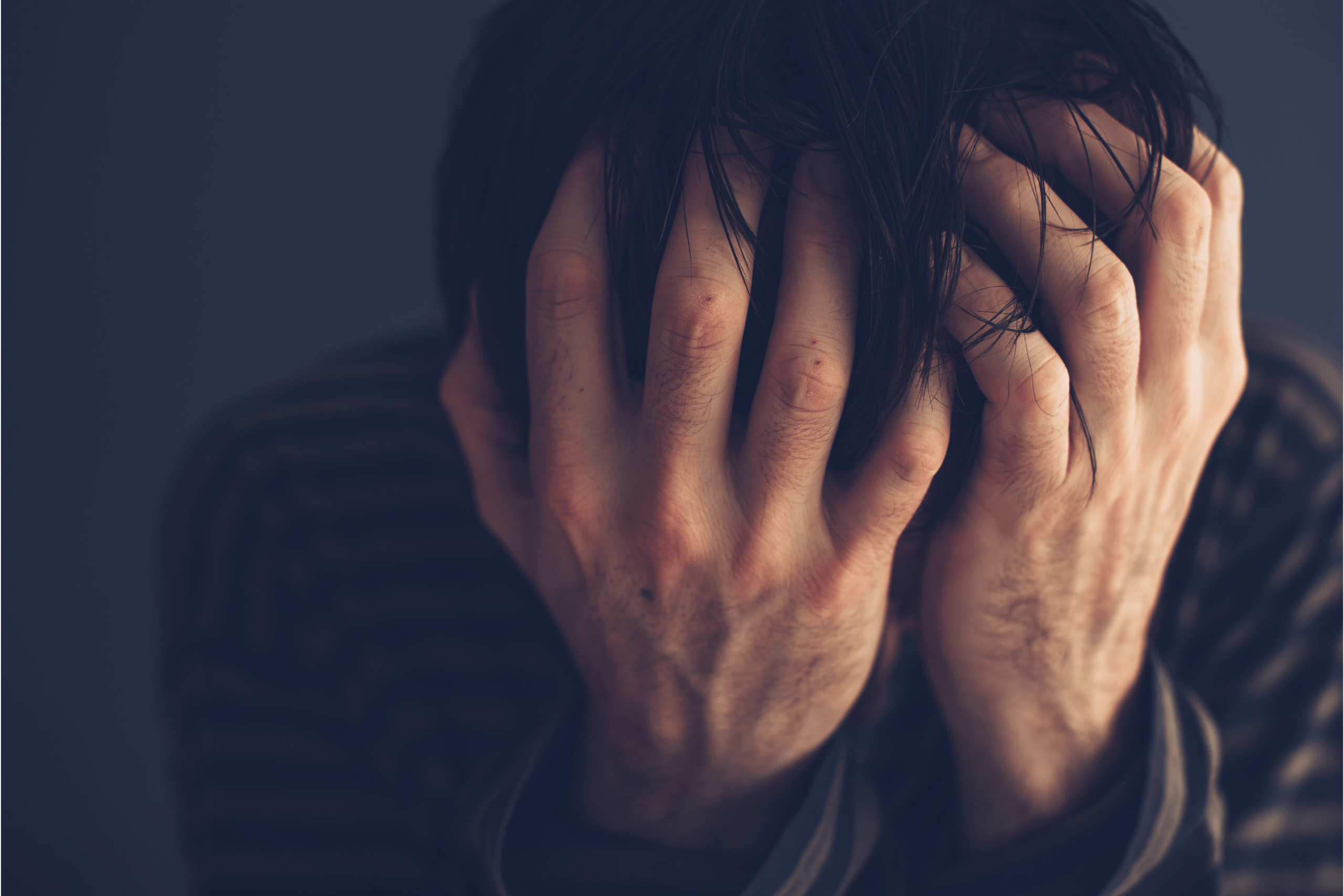

Gabapentin, a medication initially developed to treat epilepsy, has seen a significant rise in use for various off-label purposes. However, questions about its addictive potential have emerged. In this blog, we’ll explore whether gabapentin is addictive, its uses, signs of dependence, and treatment options for those who may struggle with Gabapentin addiction and misuse.
Gabapentin, sold under brand names such as Neurontin and Gralise, is primarily prescribed to manage seizures and nerve pain associated with conditions like shingles (postherpetic neuralgia). Additionally, it is used off-label to treat anxiety, insomnia, and certain types of chronic pain. Gabapentin works by affecting neurotransmitters in the brain, specifically by modulating the activity of GABA, an inhibitory neurotransmitter that helps calm neuronal activity.
Gabapentin is not classified as a controlled substance, and its potential for addiction is considered lower compared to opioids or benzodiazepines. However, there is evidence to suggest that gabapentin can be misused and lead to psychological or physical dependence, especially when taken in high doses or without medical supervision. Some individuals may experience euphoria, relaxation, or a sense of well-being from gabapentin, which can contribute to its misuse or abuse.
The question of sobriety while taking gabapentin can be complex. Since gabapentin is a prescription medication with legitimate medical uses, taking it as prescribed by a healthcare provider typically does not compromise one’s sobriety. However, if gabapentin is misused or taken without a prescription, it can become a concern for those in recovery. Open communication with healthcare providers and support groups is essential to navigate this aspect of recovery.
Recognizing the signs and symptoms of gabapentin dependence is crucial for early intervention. Symptoms may include:
Yes, treatment is available for those struggling with gabapentin addiction. While gabapentin dependence may not be as widely recognized as other substance use disorders, specialized treatment programs like Hand in Hand Recovery Center can address this issue.
Treatment for gabapentin dependence typically involves a combination of medical and therapeutic approaches:
Medical Detox: Under medical supervision, gradual tapering off gabapentin can help manage withdrawal symptoms and ensure safety. A professional and medically-managed detox program in Marietta, Georgia can help you safely
Residential Rehab: During residential rehab, clients live at the facility 24/7 for continued monitoring and accountability. Often, residential or inpatient rehab is the first step of treatment and allows individuals to learn new coping skills without resorting to substances.
Partial Hospitalization Program (PHP): A Partial Hospitalization Program, or PHP, is a high-intensity outpatient form of treatment that allows individuals to receive therapy and programming during the day but return home or to a sober living home during the evenings.
Intensive Outpatient Program (IOP): An Intensive Outpatient Program, or IOP, is a structured form of treatment that gives individuals the flexibility to continue partaking in school or work while still receiving therapy.
If you or someone you know is questioning if gabapentin is addictive, it is essential to seek help. Professional treatment can provide the support and resources needed for recovery. At Hand in Hand Recovery Center in Marietta, Georgia, our addiction specialists can help you explore the best treatment options available. Recovery is possible, and you don’t have to navigate this journey alone.